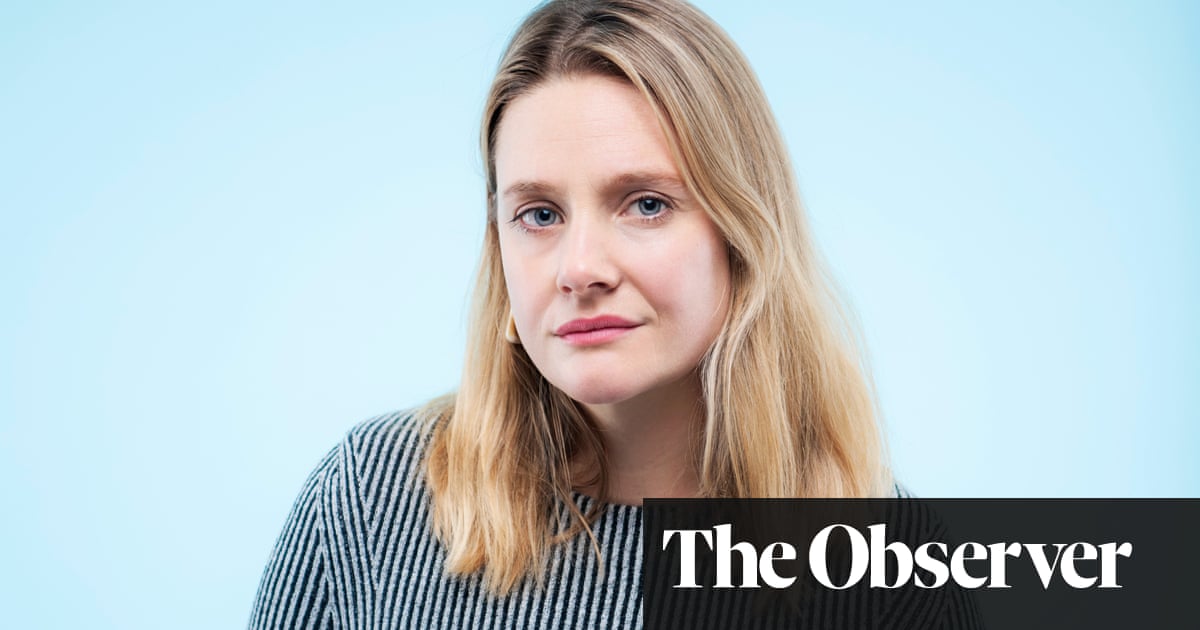
With a display of resilience every bit as breathtaking as her snowboarding, Katie Ormerod is reliving her 2018 Winter Olympics nightmare. There is a lot to process, even though she never made it to the starting ramp. First, she broke her wrist in training two days before the Games. Then, having refused to abandon her dream of winning gold in big air and slopestyle, she split her heel in two in a freak accident coming off a rail the following day. It was so serious it took medics an hour to cut her boot off, while she howled in pain.
She ended up watching the Olympics in a Seoul hospital, while her recovery involved seven operations and a year of rehab.
It is an experience that would have sapped the fortitude of many athletes. At one point things were so bad that her skin turned black after the blood supply to her foot was cut off and doctors had to give her a skin graft using skin from a pig. Yet the 24-year-old survived and subsequently thrived. With 100 days to go until the Beijing Winter Games, she believes she is ready to rewrite the wrongs of 2018.
“Pyeongchang wasn’t how I’d imagined my first Olympics would go at all,” she says. “It really sucked. The first operation was in Seoul the morning after I got injured. It was emergency surgery to put two pins in, because the heel broke clean in half. I thought that would be it, but then there were complications. It turned out the bond bracket killed the skin from the inside out, which meant I had to have multiple skin surgeries and skin grafts – a machine was plugged into the back of my heel to produce new tissue – before the final operation to take the screws out.”
“I think about it quite a lot. But it’s made me stronger. And I’m feeling really confident because I’m snowboarding the best I’ve ever been.”
That is some claim given that in March 2020, in her first full season back from injury, she became the first Briton to win a World Cup snowboard title. The talent, resilience and work ethic is clearly there. Now Ormerod just needs some luck on the big day.
She says there will be no lingering after-effects to body or mind from her horrific accident when she gets to China. “I don’t feel like I’ve lost any confidence. You have to be resilient because you will face obstacles and challenges.
“When I returned there wasn’t really any fear or doubt because I made sure I wasn’t going to go snowboarding again until I knew 100% that my heel was fixed.
“I’ve been doing lots of visualising, too. And if you love what you do, then it makes it easy to work really hard and come back.”
What makes Ormerod’s story even more impressive is that she is not a trust-fund snowboarder. Instead, she started as a five-year-old on her local dry ski slope in Halifax. She was so good that by 14 she had won the senior slopestyle and big air competitions at the British championships. At 16, she became the first woman to do a backside double-cork 1080, an astonishing trick involving two 360-degree front flips and a full 360-degree corkscrew spin.
“Most of my competitors grew up in snow resorts,” she says. “I grew up riding dry slope, which is essentially a carpet made out of plastic bristles. When my mum and dad started to realise I was talented they made sure our annual holiday was in the mountains so I could have the opportunity to train and snowboard on real snow.”
Lockdown presented another challenge with Ormerod – unlike some of her rivals – unable to snowboard or train normally for six months due to restrictions. She converted her garage into a gym and did gymnastics in her back garden.
This year, Ormerod also learned a new trick, the front double 9. Her plan, she says, is to finesse her routines in World Cup events before the Winter Olympics in February.
While it is clear she has strong medal chances in big air and slopestyle, her experiences last time round have given her a necessary perspective. “When I was injured it took me so long to be able to walk again and to be pain free so when I was eventually able to snowboard I was just so appreciative,” she says.
“I’m not focusing on the result in Beijing – I’m focusing on being the best snowboarder that I can be. That’s how I want to go to the Olympics, knowing I’ve trained as hard and done as much snowboarding as I can. That’s all I can do. Hopefully, the result will come with that.”












